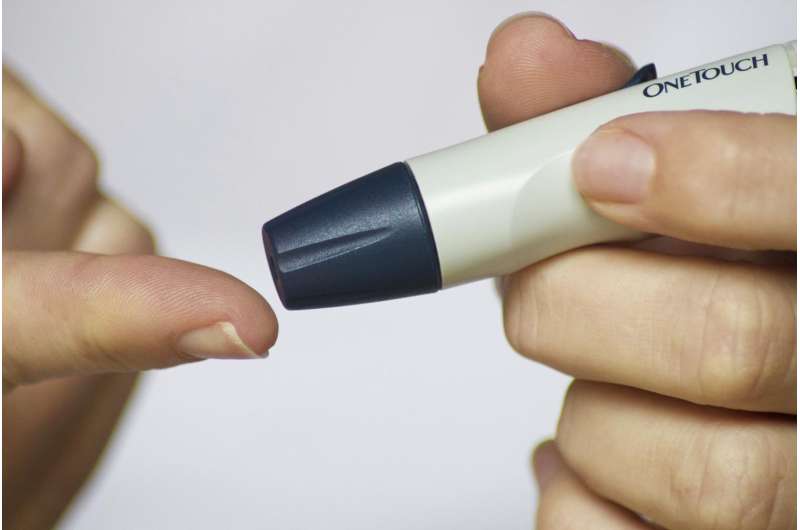Risks of Excess Vitamin B6: Recognizing Toxic Symptoms

Excessive vitamin B6 intake can lead to nerve damage and other serious health issues. Learn about symptoms to watch for and safe supplement use guidelines.
Recent concerns have highlighted the potential dangers of taking high doses of vitamin B6 supplements. While vitamin B6, also known as pyridoxine, is essential for numerous bodily functions—such as metabolizing proteins, carbohydrates, and fats, supporting immune health, and aiding in the production of neurotransmitters and hemoglobin—exceeding recommended amounts can lead to adverse effects.
Vitamin B6 is naturally present in many foods, including meats, fruits, vegetables, and breakfast cereals. Most adults require only about 1.3 to 1.7 milligrams daily, which is easily obtained through a balanced diet. However, supplements often contain doses ranging from 5mg to 200mg or more, with higher doses available over the counter or by prescription.
Australia’s medicines regulator has recently raised alarms by suggesting that excessive intake of vitamin B6 may be more widespread and dangerous than previously thought. Data from blood testing indicates that around 4.5% of samples showed signs consistent with nerve damage, a serious side effect linked to high vitamin B6 levels.
What makes high vitamin B6 intake harmful? The primary concern is peripheral neuropathy, a condition involving nerve damage that causes symptoms like numbness, pain, weakness, and loss of coordination, mainly in the hands and feet. In some cases, symptoms may resolve after stopping supplementation, but for others, recovery can take months or even years.
Long-term ingestion of doses above 50mg daily has been associated with higher risks of severe nerve damage. Recent studies and adverse event reports reveal that many individuals taking high doses or multiple supplements with vitamin B6 are experiencing neuropathy. The Australian Therapeutic Goods Administration has documented over 170 cases of nerve damage related to vitamin B6 since 2023.
If you are regularly taking vitamin B6 supplements of 50mg or more for extended periods, it’s recommended to consult a healthcare professional for monitoring. Warning signs include numbness, pain, difficulty maintaining balance, muscle weakness, heartburn, and nausea. In case of such symptoms, prompt contact with poison control or a medical provider is advised.
Given these risks, regulatory authorities propose limiting high-dose vitamin B6 supplement sales to pharmacies and requiring professional oversight. For most adults, sticking to dietary sources and adhering to recommended daily intake is the safest approach to avoid toxicity.
Source: https://medicalxpress.com/news/2025-07-vitamin-b6-toxic-symptoms.html
Stay Updated with Mia's Feed
Get the latest health & wellness insights delivered straight to your inbox.
Related Articles
Astrocytes Reveal Their Surprising Role as Brain Network Conductors
New research reveals astrocytes as active integrators within brain networks, capable of coordinating multiple neural signals and influencing cognitive functions, redefining their role in neuroscience.
Innovative Generative AI Enhances Radiology Efficiency by 40% While Maintaining Accuracy
A pioneering generative AI system developed at Northwestern Medicine boosts radiology report efficiency by 40% while maintaining diagnostic accuracy, revolutionizing healthcare workflows.
Alarming Rise of Type 2 Diabetes Among Young New Zealanders Sparks Health Concerns
New Zealand faces a health crisis with a rising number of young people developing type 2 diabetes. This early-onset form of the disease is linked to obesity, social inequality, and lifestyle factors, challenging health systems and requiring urgent, coordinated action.



